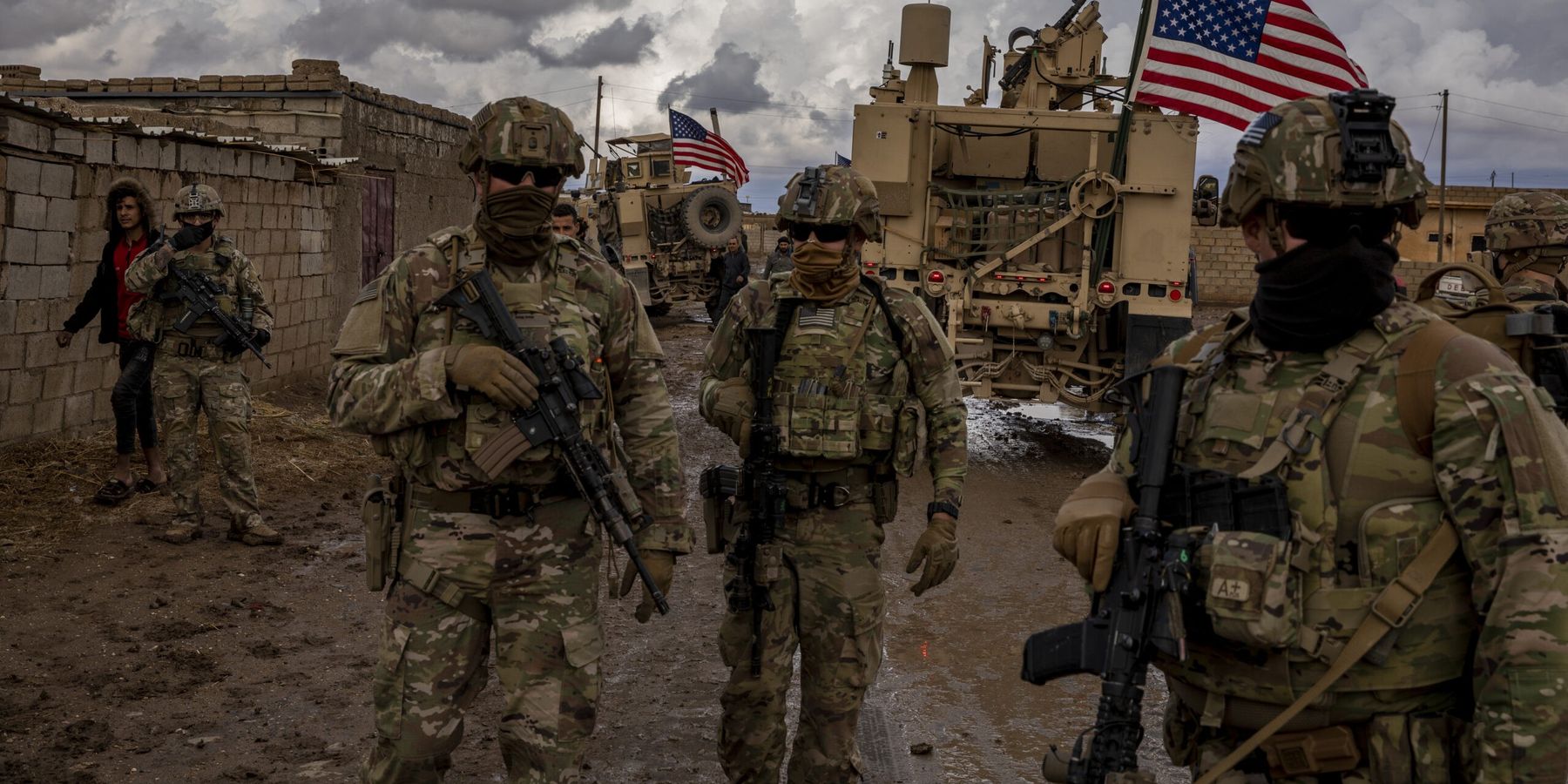Statements from unnamed DoD officials suggest that President Donald Trump is planning to withdraw U.S. troops from Northeast Syria.
ISIS is largely degraded and regional states have pledged to carry on the fight, Bashar al-Assad’s regime is gone, diplomatic outreach to the new leadership in Damascus is underway, and Iran’s proxy forces have taken a severe beating while losing unfettered access to the Mediterranean via Syria. There’s little reason why U.S. troops should remain in Syria.
Critics of withdrawal argue that it could destabilize Syria’s fragile peace and benefit ISIS, especially since thousands of potential ISIS fighters remain in camps administered by the Syrian Defense Forces (SDF). These are real concerns and any withdrawal should be orderly and coordinated, encouraging diplomacy between Washington’s Kurdish partners (SDF), Turkey, and Damascus —but it should proceed.
Diplomacy between the SDF, Damascus, and Ankara could even be hindered if the SDF believe that U.S. troops will remain indefinitely. Arguing for an indefinite U.S. troop presence in Syria both overstates U.S. influence and ties troops to uncontrollable conditions.
It also offers an opportunity to make diplomatic inroads into the new de facto government in Damascus. Syrians have taken back their country and Washington should respond with diplomacy and sanctions relief rather than indefinite troop deployments. A responsible and timely withdrawal from Syria aligns with U.S. national interests and should be part of a broader effort to reduce the U.S. military presence in regions lacking both international and domestic legal justification.
- US forces still fighting inside Syria amid power vacuum ›
- Trump: 'We're not involved in Syria, they got their own mess' ›
- Why are we still at war in Syria? | Responsible Statecraft ›
- Kurds sign deal in Syria: Case for US troops there 'weaker than ever' | Responsible Statecraft ›
- Kurds in Syria avoid demilitarization and Turkish hammer, for now | Responsible Statecraft ›
- Stars are aligned for Trump's troop withdrawal from Syria | Responsible Statecraft ›
- Why are US National Guardsman getting killed in Syria? ›
















